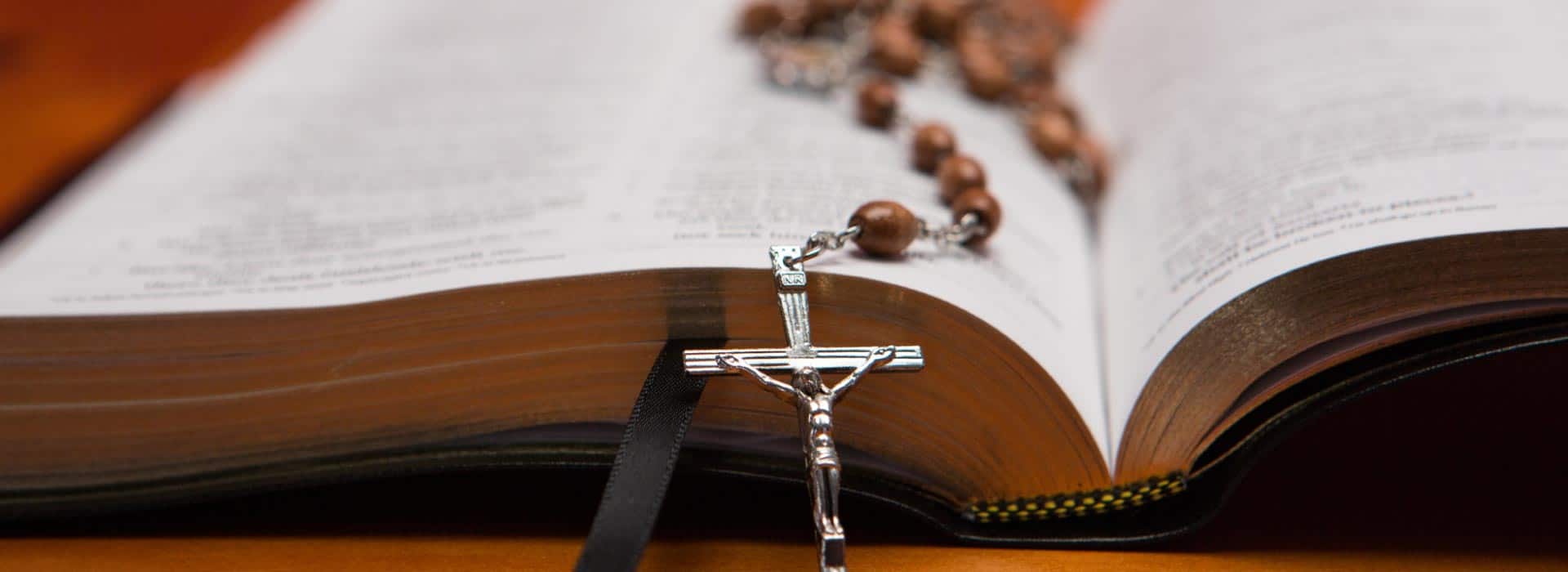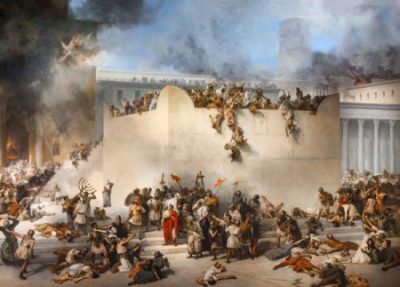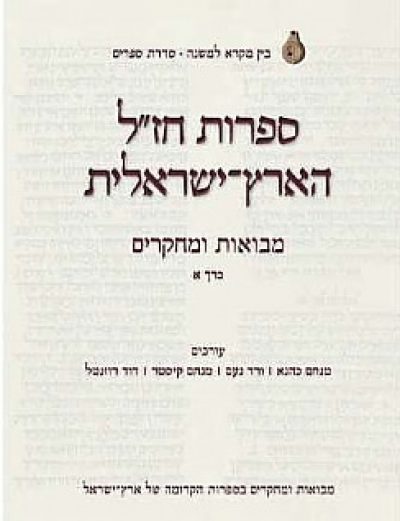The term Messiah (Heb: משיח) literally means the anointed one and originally signified one who was consecrated for a special task by means of anointing with oil. The group of anointed ones included kings, prophets, priests and even the non-Israelite king Cyrus. Messiah therefore, is short for “the anointed of the Lord” and indicates one who was initiated into a special Divine mission, most often the king. The term messiah which had come to refer specifically to the kings of the Davidic dynasty and, subsequently, to the descendant of David who would bring salvation.
After Jewish hopes of a complete restoration remained unfulfilled in second Temple times different concepts regarding a future messianic age. These included the idea of a last judgment, the resurrection of the dead and a world to come or kingdom of heaven.
Jewish tradition contains many, divergent, teachings about the Messiah, which range from belief in a figure who will appear miraculously in the future to liberate Israel from foreign subjugation, return the Jewish people to the grandeur of bygone eras, launch the in gathering of Israel’s exiles and inaugurate God’s reign of peace and justice. At the other pole is Maimonides’ non-miraculous concept of the messianic era in which the world will look as it did in his day, save only the termination of Israel’s suffering at the hands of the other nations.
Despite Maimonides’ “minimalist” understanding of the Messiah, mainstream beliefs include many of the following: The coming of the messiah will be preceded by great distress (the “birth pangs” of the messiah) during which time humanity—and especially the Jews—will be in a much worse condition than previously. The advent of the messiah will be accompanied or preceded by an apocalyptic war of the forces of good against those of evil. The messiah’s arrival will be preceded by his herald Elijah the prophet who will return to announce his coming.
Jewish Practices Connected to Messianic Belief and Bringing the Messiah
According to well-known Talmudic teachings the Messiah was created with or before the entire universe—or alternatively—a potential messiah is born and lives in every generation. This messiah and is ready to come to the Jewish people as soon as they are ready for him. Notwithstanding the ever-present messianic potential, mainstream rabbinic thought has discouraged messianic calculations (חישובי הקץ) and exaggerated messianic speculation, relegating these matters to the future and the inscrutable ways of God.
Nevertheless the concept of the messiah is widely present in regular Jewish prayer and ritual. In the daily prayers, six of 18 benedictions refer to ideas connected to messianic times: redemption, ingathering of the exiles, restoration of righteous judgment, rewarding the righteous, rebuilding Jerusalem and the reestablishment of the Davidic dynasty. At the conclusion of the Sabbath, the hope that the messiah will come “this week” is expressed in the singing of a song welcoming his harbinger Elijah the Prophet. Many Jews recite (and all are aware of) the article of faith enumerated by Maimonides: “I believe, with total confidence, in the coming of the messiah. And even though he may tarry I shall wait for his coming every day.”
Similarly, the idea of “forcing God’s hand” (דחיקת הקץ) by, for example, humanly bringing about the return of Israel’s exiles to the promised land, is outside the bounds of mainstream belief. This reticence is the basis for some ultra-orthodox opposition to the State of Israel; according to this belief the exile is punishment and the Jews will be brought back to the land of Israel only when God’s messiah does so in a miraculous fashion.
Secular Messianism
Some (e.g. Reform) Jews do not believe in a messiah of flesh and blood but have changed the emphasis in messianic thinking to the advent of a messianic era. For some the concept of messiah is essentially that of utopia, a perfected society, which can be created by human endeavor. Modern movements, which believed in human ability to change the fabric of Jewish (and general) life in a radical fashion for the better, can be understood as secular messianisms. The outstanding example is Zionism which achieved some of the classical goals of Jewish messianism (the ingatheringof the exiles and establishment of Jewish independence) without Divine intervention.
Messianism in religious Zionism
For religious Zionists, the establishment of the State of Israel is an event on the timeline of the coming of the messiah. (There are those who have seen the holocaust as the birth pangs of the messiah.) The State of Israel is most commonly regarded as ראשית צמיחת גאולתנו (the beginning of the flourishing of our redemption) and this phrase is widely






